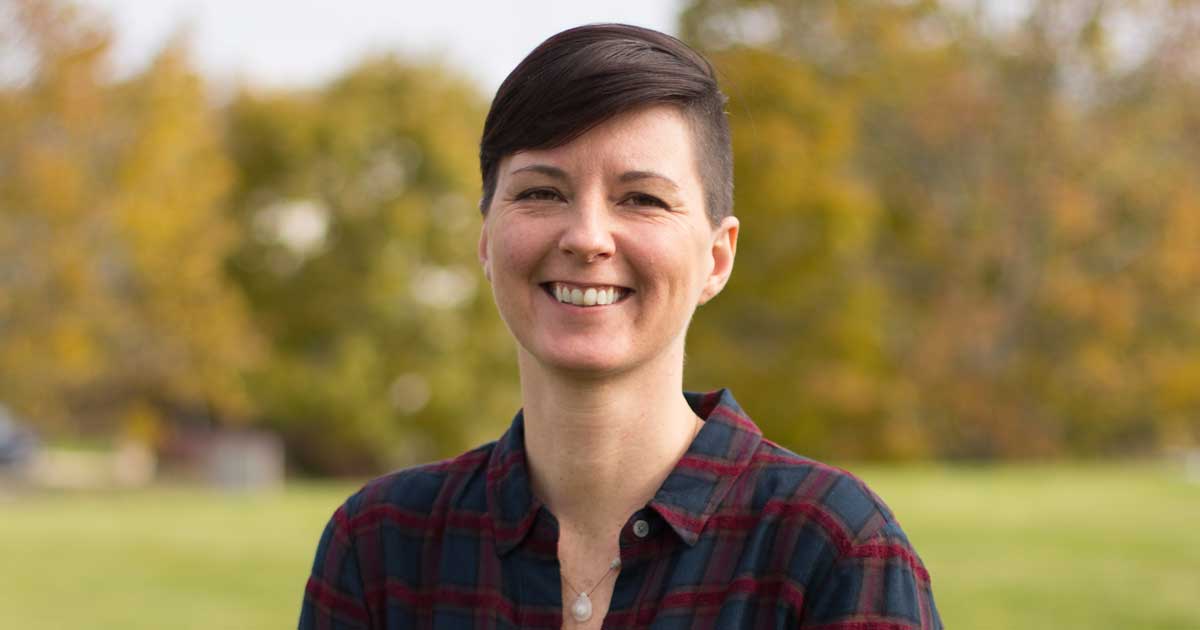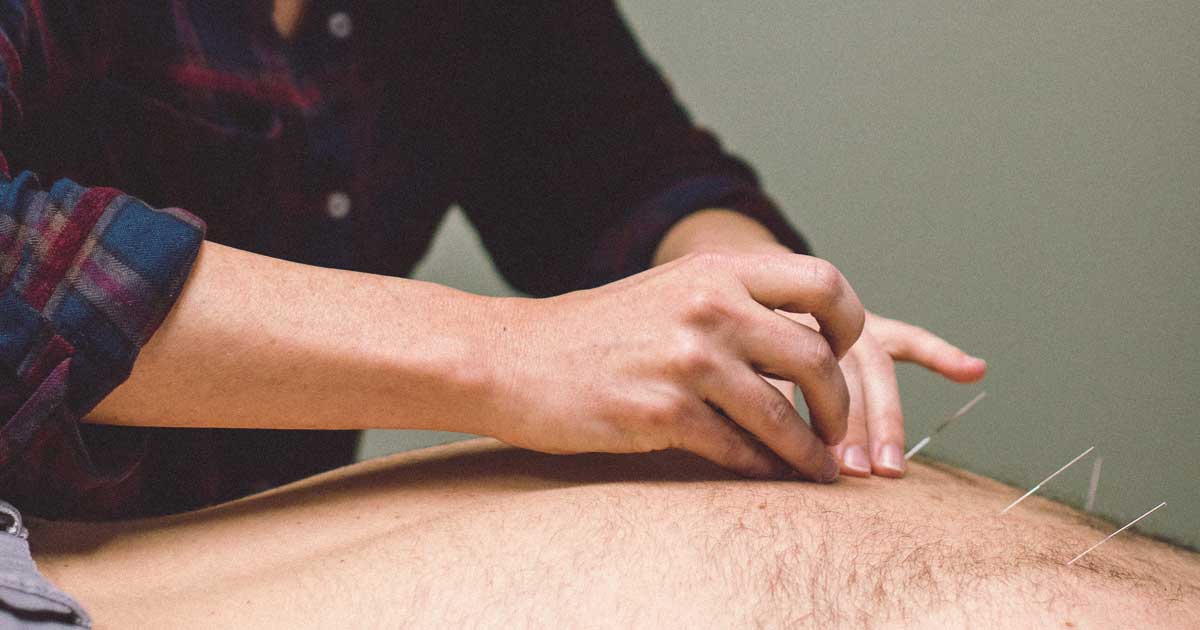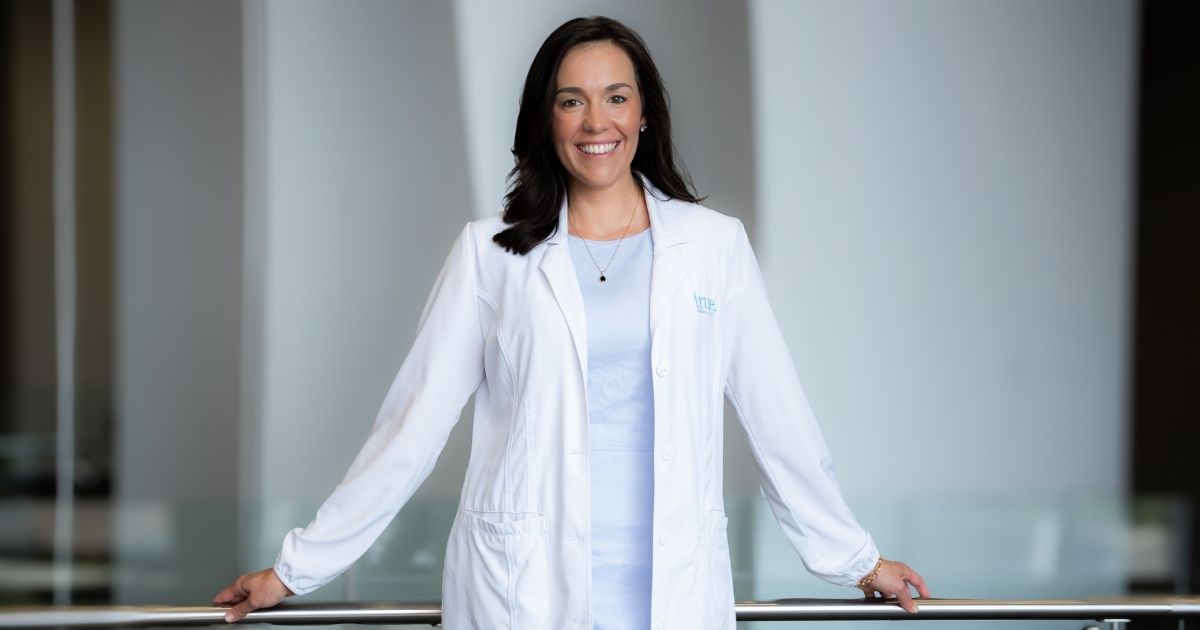Jean-Marie Cartier, MTCM, R.Ac., first tried acupuncture when she was experiencing acute pain no other treatment could help ease.
"I was working in Hollywood as a video editor, which meant the hours were long and the deadlines were strict," said Cartier. "The late nights and work stress started affecting my vision, and while doctors claimed there was nothing wrong, the pain persisted."
Though she was nervous to try something new, Cartier felt desperate: Acupuncture was her last resort.

"I walked away from my very first acupuncture treatment feeling absolutely relieved," said Cartier, whose pain and other issues she hadn't been aware of were gone. "I had soothed digestion, lessened anxiety, and a peace of mind that comes from lying back and listening to your body."
At first, Cartier didn't understand it. Still, she knew the experience had changed her. She wanted to know more. She dove right in—and hasn't looked back since her first acupuncture treatment, 12 years ago.
"I switched careers to study Chinese medicine and after pursuing a four-year master's degree in Traditional Chinese Medicine & Acupuncture, I became a board-certified acupuncturist," said Cartier, who practices at Acupuncture of West Michigan.
Cartier enjoys helping others treat and prevent pain. She takes joy in seeing her patients become more empowered with their health, in the process.
Despite hearing Cartier's life-changing story, you may still have doubts about knowing if acupuncture is right for you. According to Cartier, there is a wide range of benefits.
"The practice of acupuncture is rooted in thousands of years of history. Western medicine is just beginning to realize its full benefits. Patients can continue their normal treatments and medication in addition to acupuncture, which often has a synergistic effect."
Acupuncture, Cartier notes, could be used to treat many symptoms at once. It could aid in ear, nose and throat issues, ease muscles and joints, and help with digestion and other physical and emotional aspects.
"Studies have shown that acupuncture increases the success of assisted reproductive therapy—including in vitro fertilization—by 15 percent. Apart from medical intervention, acupuncture is a great way to prepare your body for pregnancy and increase fertility."
Far from being painful, Cartier said, the acupuncture treatment is usually calming, as it releases endorphins.
"It's easy in today's world to forget what calm really feels like," she said. "Women are natural givers and often we give too much of ourselves. Our natural instinct is often to protect, nurture, and gift others with our time and energy. Many of my patients come in for pain and walk out feeling not just pain-free, but also less stressed and anxious."
Despite the safety and benefits of acupuncture, Cartier understands many people face barriers to trying it. These are some of the most common myths she hears—and her responses:
MYTH: It's expensive.
RESPONSE: "Acupuncture is actually relatively inexpensive compared to other treatments. Some clinics offer group treatment sessions, which are even more cost-effective."
MYTH: I would need to stop my regular medication to try acupuncture.
RESPONSE: "Acupuncture often has a synergistic effect with other modalities, and you do not need to stop any treatment you are currently receiving to try it."
MYTH: It's painful.
RESPONSE: "Most people picture the needles from a doctor's syringe when they think of acupuncture, but the needles used are actually much tinier—just the thickness of two pieces of hair."
MYTH: It's only effective for certain ailments.
RESPONSE: "Aside from emergency situations, acupuncture can be used to treat almost any condition. It's effective in preventative care, as well as immediate relief."
Visit Acupuncture of West Michigan to learn more about acupuncture.
Written by Sarah Suydam, Staff Writer for West Michigan Woman.




